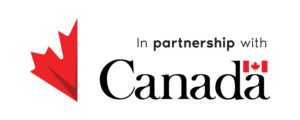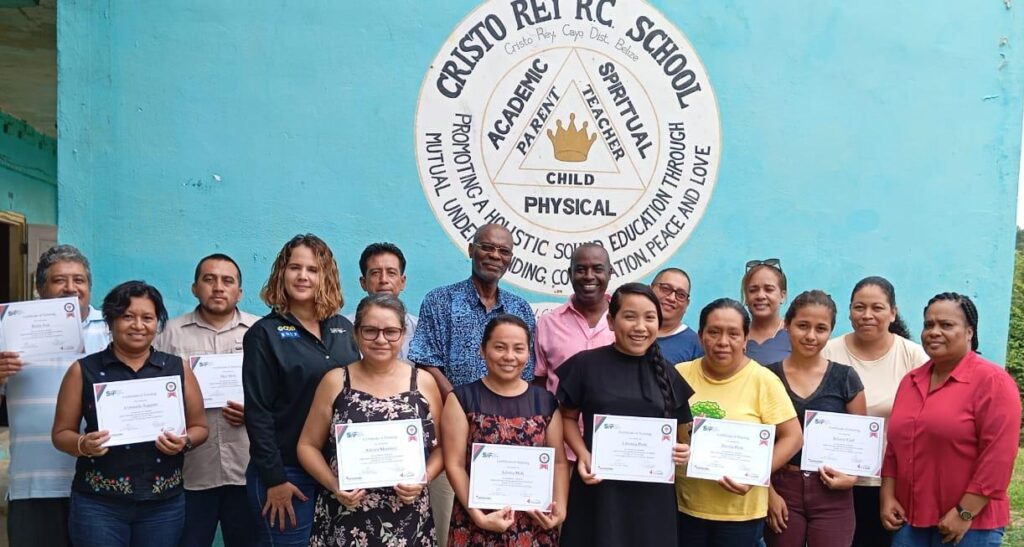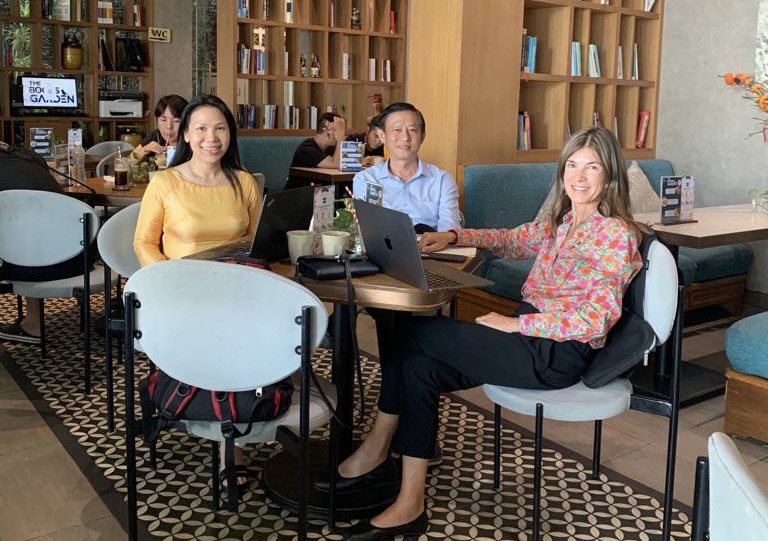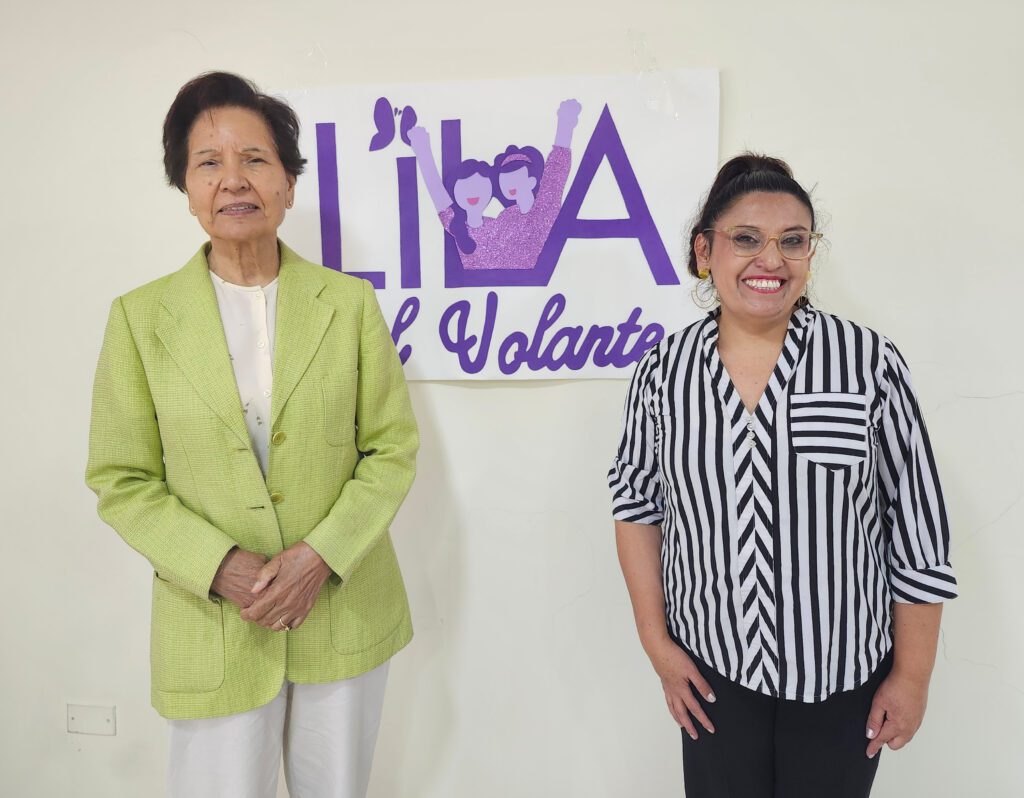Women thriving in artisanal fisheries in Ecuador
In my most recent assignment as a CESO expert, I worked with Acuacultura y Pesca, the federal governing body of the fisheries and aquaculture industries in Ecuador, to conduct a needs assessment and to design projects that will address the gaps found in their policies and corporate best practices.

Working with Acuacultura y Pesca, we found plenty of opportunities to improve, including addressing women’s issues in the industry.
Gender equality is an important focus for CESO and Canada, and also globally as one of the United Nations’ Sustainable Development Goals. It has been identified in the literature as an important best practice for small-scale fisheries.
Globally, women are chronically under-represented and under-employed in the fishing and aquaculture industry. In Ecuador, more than 80 per cent of women in the industry work in post-harvest activities such as processing plants, hatcheries, collection activities, and selling. In the artisanal fishery, less than 10 per cent of fishers are women. Although they are often seen as the second income in the household, there are many women who are the sole provider.
As a CESO volunteer, my work is to equip local partners to determine and achieve their own objectives. So, while I believe gender equality is important, I had to be sure Acuacultura y Pesca shared the same vision. Initially, the corporate culture seemed to refer to “fishermen” and “fishermen’s” associations; however, I kept pushing the idea of “fisher” in the hope I could make some inroads.
In meetings with the management, it quickly became apparent that the need to prioritize women’s issues was top of mind for them as well, and just like that, we had arrived at common ground!
Our common goal is to successfully integrate women into the fisheries sector. With this in mind, the results would empower women to take a more active role in the industry, reduce discrimination, reduce poverty, improve women’s role in decision-making in the industry, and recognize the vital roles they have in the industry.

In Ecuador, women are mostly involved at the post-harvest phases of the industry where financial opportunities are limited. At the same time, women’s access to greater paying fisheries jobs are restricted because they are often not trained to assume a greater role in the sector.
Where women’s associations do exist in Ecuador the women often lack the business and technical skills to develop and undertake fisheries projects. The lack of capacity in business practices, such as business planning and marketing, makes it virtually impossible for women to attract the financing needed to get their fishery business off the ground and keep it sustainable.
During my assignment, we designed projects to address specific challenges women face in the sector. We explored ways of working with the Ministry and women’s organizations to build confidence in the technical aspects required to launch sustainable businesses and to take a more active role in trade organizations in general. These relate to access to the tools of the industry and mainstreaming gender issues in all programs beyond stereotypical roles.
When implemented, the initiative should lead to the acquisition of technical and business skills to participate in all aspects of the artisanal fishery. Women who acquire training will be equipped to advance within the sector and to access opportunities with better income.
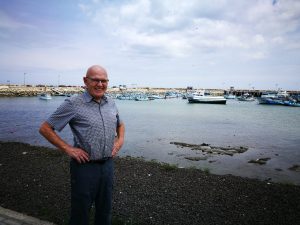
The Ministry launched a successful pilot project that support women by teaching new skills in processing, marketing, as well as in developing new value-added product lines. This project has great potential, and we are excited at the prospect of exploring opportunities to work with them to develop the initiative further.
All too often good intentions run aground on the shoals and reefs of reality. The question is always, what is different this time that will make the project a success? In the case of Acuacultura y Pesca, I have seen a groundswell of support within the Ministry, and in the Vice-Ministry specifically, to advance an agenda where women’s issues will figure prominently.
This was a very fulfilling assignment for me personally. I am pleased and proud to be associated with an agency such as Acuacultura y Pesca that places such a high value on gender equality.
